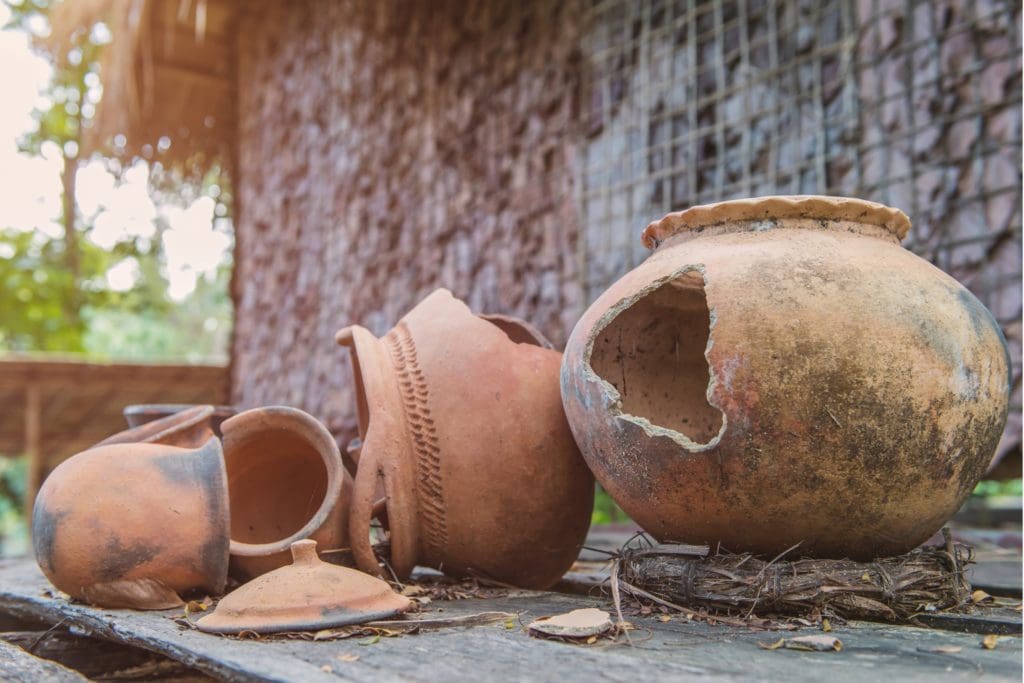
Sin brings heartbreak to lives, families, and churches. All of us grieve over the fall of people we have loved, and even some whom we have followed. Our response to the failure of others has implications for them, for us, and for the larger work of God.
David, the man after God’s own heart, is one of the finest demonstrations of this principle in all of Scripture. King Saul, motivated by jealousy, had made David’s life very difficult. In 2 Samuel 1, judgment finally comes on the bitter old king (it always does).
Take the time to read the story and note carefully David’s response. You would imagine it would have been one of great relief or satisfaction that finally injustice had been answered. Instead, David weeps and mourns the loss of both the King of Israel and the King’s son, his friend Jonathan. Here is a glimpse of the heart of God in David…
“Then David took hold on his clothes, and rent them; and likewise all the men that were with him: And they mourned, and wept, and fasted until even, for Saul, and for Jonathan his son, and for the people of the Lord, and for the house of Israel; because they were fallen by the sword” (2 Samuel 1:11-12).
1. Grieve over the fallen.
David did not throw a party! “David lamented with his lamentation over Saul and over Jonathan his son” (vs. 17). Spiritual people never delight in hearing evil. The love of God “rejoiceth not in iniquity” (1 Corinthians 13:6). Notices that David grieved over his enemy (Saul) as much as over his friend (Jonathan). It is significant that David would grieve over his enemy Abner the same way just two chapters later. Weep for anything and anyone that brings reproach to the testimony of the Lord.
2. Learn what God wants to teach you.
David did not just make lamentation over their fall, he learned from it. The parenthesis in 2 Samuel 1:18 is instructive: “(Also he bade them teach the children of Judah the use of the bow: behold, it is written in the book of Jasher).” We cannot change every situation, but we can learn from every one of them. What warning and direction does the Lord want you to receive?
3. Do not share details of the fall in a way that would bring even greater reproach upon the Lord.
Sin must not be covered up and evil must be reproved. But when God chastens a man and consequences come, we should not delight in spreading it. David understood this. “The beauty of Israel is slain upon thy high places: How are the mighty fallen! Tell it not in Gath, Publish it not in the streets of Askelon; Lest the daughters of the Philistines rejoice, Lest the daughters of the uncircumcised triumph” (vs. 19-20). Talk to God about it. The best use of the tongue is prayer.
4. Be grateful for the good.
We are quick to remember the evil a man has done and slow to remember the good. Listen to the broken heart of David: “Saul and Jonathan were lovely and pleasant in their lives, And in their death they were not divided: They were swifter than eagles, They were stronger than lions…How are the mighty fallen in the midst of the battle!” (vs. 23, 25). It has been said that the best men are men at best. It is also true that sometimes good men do the worst things. Thank God for the good and leave the rest with God.
5. Minister to their families and those affected by their fall.
No one sins alone because the consequences of sin have an inherent chain reaction. The repercussions of sin are felt by those closest to the situation. In 2 Samuel 2, David rewarded the men of Jabesh-gilead who had cared for Saul’s body after his death. In 2 Samuel 9, he showed kindness to the last living descendent of the house of Saul. There was no vindictiveness or vengeance in his treatment of others. Only the love of God.
David would eventually have his own fall. It would be a very public one, full of adultery, murder, and lies. The consequences would be horrific for his family and the nation. Yet God used Nathan the prophet and others to help him in his lowest hour.
May God help us to minister to others as we have the opportunity. At some point, we all need a spiritual friend and special grace.
Be sure to read the introduction to this topic, “Our Attitude Toward Those Who Fall.”
Discover more from Enjoying the Journey
Subscribe to get the latest posts sent to your email.






